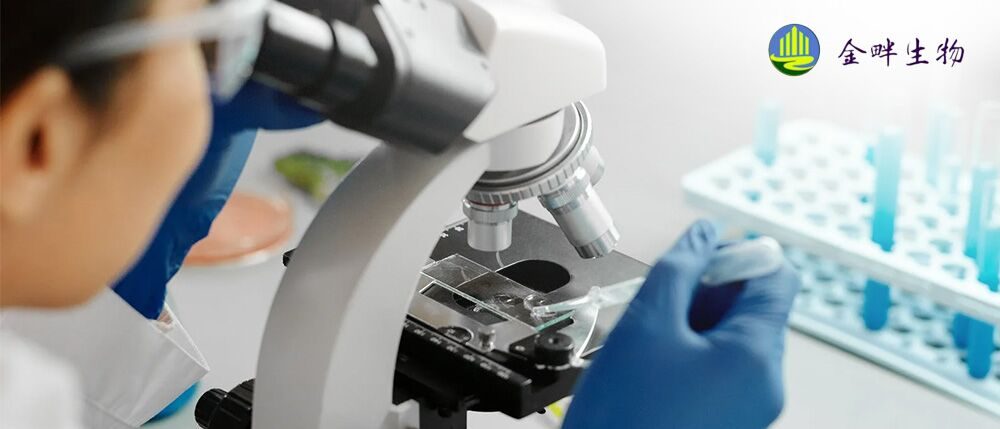Hampton Solubility & Stability Screen
Hampton research蛋白结晶试剂代理–上海金畔生物
代理优势:货期3-4周。
欢迎访问Hampton research官网或者咨询我们获取更多产品信息。
Optimization Screens > Solubility & Stability Screen > Solubility & Stability Screen
APPLICATIONS
- A solubility screen, a stability screen, an additive screen for protein assays including ThermoFluor and crystallization
- Preformulation screening
- Sample buffer optimization for crystallization, cryo-electron microscopy, and NMR
FEATURES
- Compatible with Thermofluor, Differential Scanning Fluorimetry (DSF), and Protein Thermal Shift assays
- 96 sterile filtered reagents
- 17 classes of reagents and excipients
- Highly concentrated (10x) reagent formulation
- Developed at Hampton Research
DESCRIPTION
Solubility & Stability Screen is designed to assist in the identification of solution conditions which promote protein solubility and stability, and minimize protein precipitation. Solubility & Stability Screen is a solubility screen, a stability screen, and may also be used as an additive screen in the presence of a crystallization reagent.
The Hampton Research Solubility and Stability Screen can evaluate protein solubility, stability and crystallization in the presence of 94 different chemical additives sampling 17 different classes of reagents plus two controls.
Protein solubility and stability are universally required in a wide range of applications, including general biochemical studies, the preparation of proteins in pharmaceuticals, structural biology and crystallization.1-11 The preparation of a concentrated, soluble and stable protein sample can often be a difficult task as proteins often aggregate, precipitate or denature.
Thermofluor (also known as Differential Scanning Fluorimetry, DSF and Protein Thermal Shift) provides a rapid, convenient and effective means of identifying subsaturating solution conditions that may also correlate with protein heterogeneity and poor crystallization outcomes.12
Protein solubility and stability is affected by many different chemical factors including pH, buffer type, chemical additives and excipients. pH and buffer type are dominant protein solubility and stability variables and can be evaluated and optimized using the Hampton Research Slice pH kit HR2-070. Slice pH evaluates protein solubility, stability and crystallization versus 20 different buffers over the pH range 3.5-9.6. Chemical additives influencing protein solubility and stability can be evaluated using the Solubility & Stability Screen.
It is widely accepted that protein solubility and stability can be increased by the use of chemical additives.5,15 Seventeen classes of reagents are sampled by the Solubility & Stability Screen and each of these classes has been reported as important in improving sample solubility and stability.2-11
The Solubility & Stability Screen is a set of 94 high purity reagents formulated in high purity water (NCCLS/ASTM Type 1+) at 25°C and are 0.22 micron sterile filtered. The 94 solubility and stability reagents are formulated at 2 to 10 times their recommended working concentration. The remaining two reagents are water and a negative (TCA) control. A water control demonstrates the effect of diluting sample as well as sample buffer concentration. TCA, the negative control, demonstrates total sample precipitation, loss of sample solubility and loss of sample stability. The effects of the Solubility & Stability reagents can be compared with this negative control to assist in the identification of reagents promoting sample solubility and stability. 500 microliters of each reagent is supplied in a sterile 96 well polypropylene Deep Well block. The Solubility & Stability Screen reagents are compatible with the sitting or hanging drop vapor diffusion, microbatch, free interface diffusion, sandwich drop vapor diffusion, and dialysis crystallization methods utilizing water soluble reagents.
| HR2-072 | Solubility & Stability Screen | 0.5 ml, Deep Well block format |
